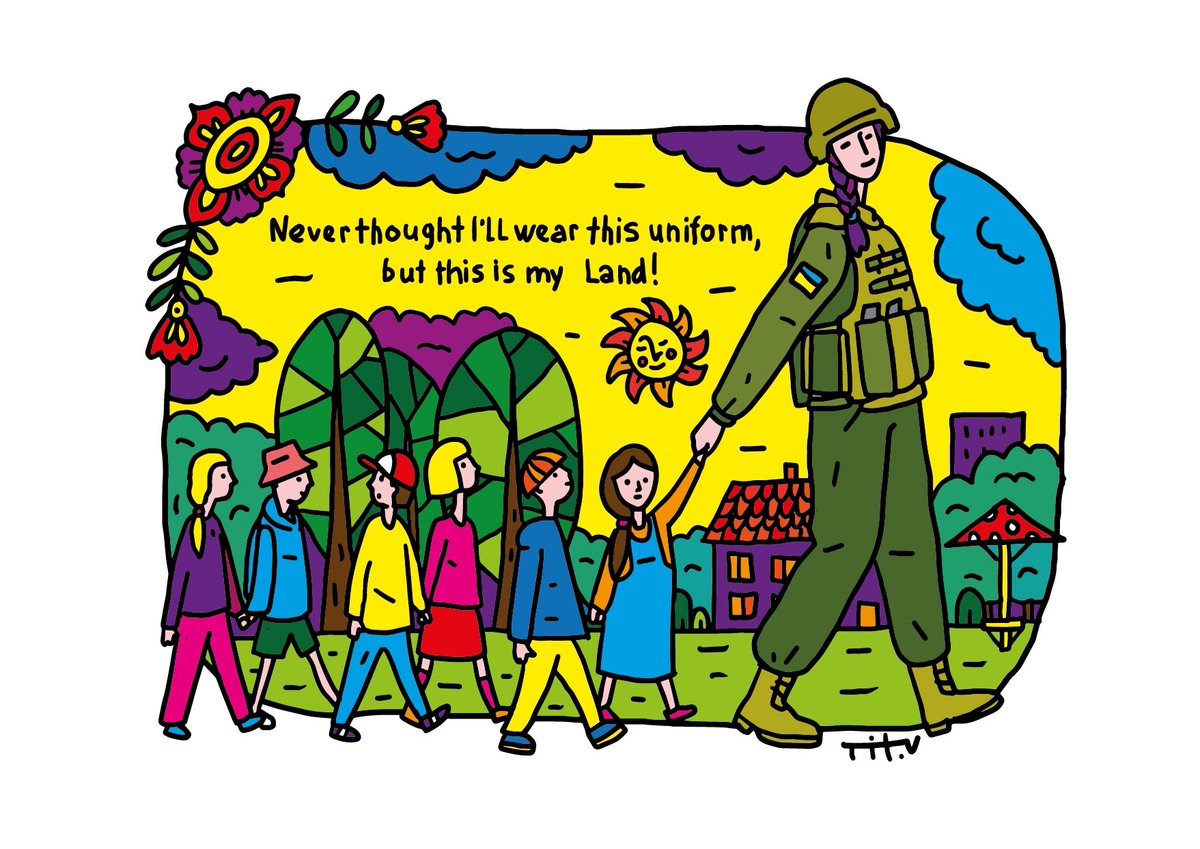
#callsignUkraine – they write war code instead of site code or mobile application.
Today our illustration is about IT specialists. They wore camouflage and went to the war front.
What do IT specialists do on the battlefield or after war?
Today our illustration is about IT specialists. They wore camouflage and went to the war front.
What do IT specialists do on the battlefield or after war?

Oleh created and improved new products and services. After russian full scale invasion she went to the military commissariat because he was a reserve officer and took an oath of allegiance to Ukraine. He changed few positions during the war.
After that he led the war company. He completed it by himself. Specialists responded to his post on LinkedIn. He said that he wanted to do an interview independently. Because he wanted to be confident that he would work with professionals.
Vadym was responsible for the continuous work of services. On the day of russian full scale invasion he worked intensively while his colleagues looked for safe places. Then he went to the military commissariat.
Civilian life helped him to adapt to the army. He could stay awake for several days. His hobby is airsoft. It helps to find military clothes for him and his combat brothers.
Olexa opened an IT-company after the war in east Ukraine. Here work only veterans. Slogan of the company is “Soldiers for your web projects”. He created a course of web programming with colleagues. In this course nearly one thousand people aged 18 to 60 took part.
Even those who stay not on the warfront help bring the Ukrainian victory. They work, donate and powerfully attack russian websites. It is another power – cyberarmy.
🔵 #callsignUkraine is a project about civilian ukrainians who had typical professions. But now they are fighting for the freedom of Ukraine. Ukrainian veterans foundation, in collaboration with Ukrainian artist Nikita Titov, prepared illustrations about them. 

Write your story with hashtag #callsignUkraine. Share information about us.
• • •
Missing some Tweet in this thread? You can try to
force a refresh









